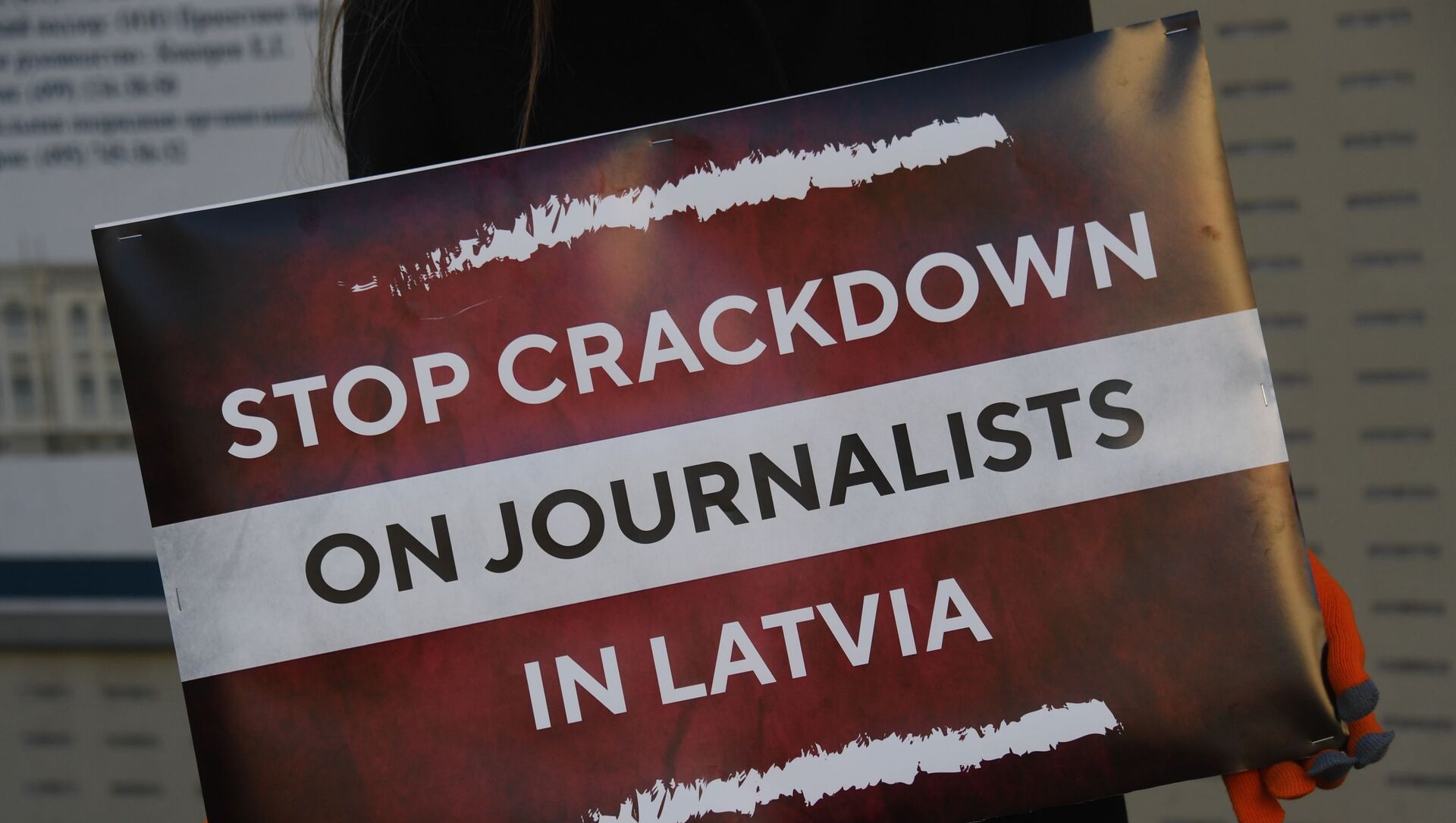"The United States government has made a policy decision not to use sanctions to interfere with journalists, perhaps to avoid potential challenges under the First Amendment, which protects freedom of the press," he said.
Earlier in the day, the chief prosecutor of the Baltic nation dismissed a challenge of a criminal investigation into Sputnik Latvia contributor Alla Berezovskaya on charges of violating EU sanctions. Her lawyer argued that EU sanctions were imposed solely on the head of Sputnik’s parent organization.
Marks, a former Pennsylvania state senator, said that under US law sanctions do not apply to a company simply because it is controlled by a blacklisted person. He cited the "50 percent rule" that applies sanctions to a company when at least 50 percent of it is owned by a "blocked" person.
"Thus, unless the company itself is sanctioned, a US person or foreign person in the US may generally do business with it," he said, adding that there were some exceptions, including companies targeted under the Crimea sanctions regime.
Several journalists working for Sputnik Latvia were accused in December of violating EU sanctions. Their apartments were searched and they were barred from leaving the country. They face hefty fines or prison sentences if convicted.
Russia has criticized Latvia for trampling media freedoms.
In particular, the Russian Foreign Ministry has condemned Riga's actions, calling them "a blatant example of undermining the foundations of a democratic society, and has said it was ready to raise the issue at the OSCE Ministerial Council.


